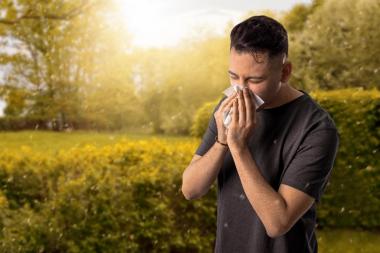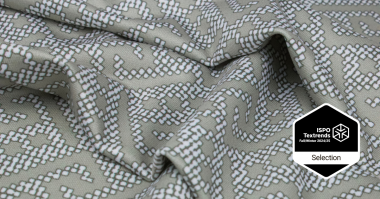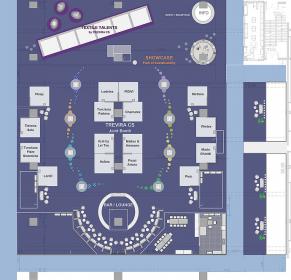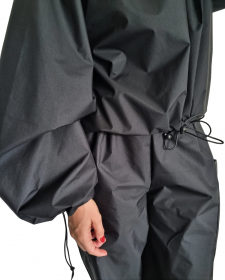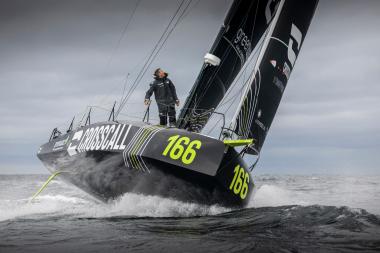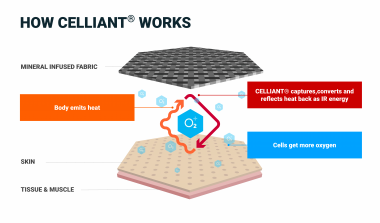Update of the ZDHC MMCF Guidelines 2.0
January, 3rd, ZDHC announced the release of the updated ZDHC Man-Made Cellulosic Fibres (MMCF) Guidelines Version 2.0, and its supporting document. By publishing these documents the industry shall be pushed forward increasingly innovative and sustainable fibre production.
The ZDHC MMCF Guidelines V2.0 now include the Responsible Fibre Production Guidelines, Wastewater Guidelines and Air Emissions Guidelines as three separate chapters in a single document.
Fibres are key components of production processes in the textile and fashion value chain and it is crucial to reduce the environmental impact of their manufacture. ZDHC guidelines give suppliers producing MMCF unified criteria for measuring output indicators like wastewater, sludge, air emissions and other process-related parameters.
Among other changes, this update reflects the expansion of the scope to accommodate Viscose Filament Yarn, Lyocell, Cuprammonium Rayon (Cupro) and Cellulose Acetate (Acetate). The ZDHC Man-Made Cellulosic Fibres (MMCF) Guidelines V2.0 provide an aligned approach for included fibres, including defined chemical recovery, wastewater and sludge discharge, and air emission discharge.
ZDHC continues to advocate for the improvement of processes which minimise emissions while also working towards the recovery of input substances and by-products. These dual goals, reduction and recovery, directly address the negative impact of outputs arising from MMCF production.
ZDHC MMCF Guidelines Industry Standard Implementation Approach Version 2.0: Additional Industry Support for Implementation
Along with the ZDHC Man-Made Cellulosic Fibres (MMCF) Guidelines V2.0, ZDHC has also updated its ZDHC MMCF Guidelines Industry Standard Implementation Approach. This document aims to support the implementation process of the ZDHC MMCF Guidelines V2.0, and features new implementation timelines that assist suppliers in setting their goals to achieve Foundational, Progressive or Aspirational Level on the ZDHC Supplier Platform.
ZDHC Foundation





